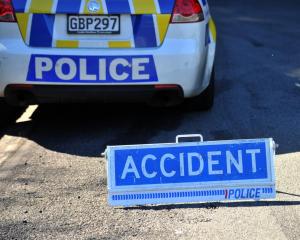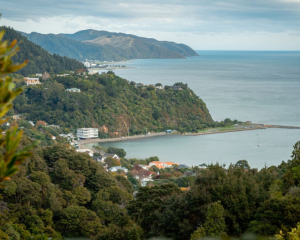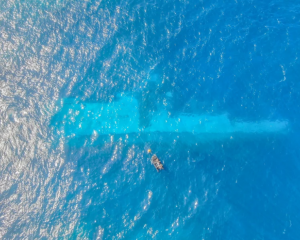New Zealand seismologists are among world scientists who are supporting a group of Italian experts on trial for allegedly failing to warn residents before a deadly earthquake.
The quake in central Italy in 2009 killed more than 300 people.
The seven defendants are accused of giving "inexact, incomplete and contradictory information'' about whether smaller tremors felt by L'Aquila residents in the six months before the April 6, 2009 quake should have constituted grounds for a quake warning.
The case is being closely watched by seismologists around the globe who insist it's impossible to predict earthquakes and dangerous to suggest otherwise, since seismologists will be discouraged from issuing any advice at all if they fear legal retaliation.
Last year, about 5200 international researchers signed a petition supporting their Italian colleagues and the Seismological Society of America wrote to Italy's president expressing concern about what it called an unprecedented legal attack on science.
GNS Science seismologist John Ristau said he had been asked not to comment on the specifics of the trial, however he was among "a few'' scientists at GNS Science who had signed a petition supporting their Italian colleagues.
"Earthquakes are ... inherently unpredictable. Prosecuting someone for failing to predict an earthquake seems to be very unjust,'' he said.
Mr Ristau said he could not envisage the same sort of trial happening here.
"I think the general public, they've become a lot more aware of the cause of earthquakes and know it is impossible to predict them. The best we can do is work out the probability of earthquakes, but that is not the same as predicting.''
The indictments sent shudders throughout the international earthquake community, which responded to a call for support by Italy's geophysics institute with 5200 signatories of professors, seismologists, postdocs and researchers from New Zealand to Costa Rica, Japan to Martinique.
The American Geophysical Union warned that the trial would have the effect of harming efforts to understand natural disasters.
"Risk of litigation will discourage scientists and officials from advising their government or even working in the field of seismology and seismic risk assessment,'' the group said in a statement.
The 6.3 magnitude tremor in 2009 killed 308 people in and around the medieval town of L'Aquila, which was largely reduced to rubble.
Thousands of survivors lived in tent camps or temporary housing for months.
Prosecutors focused on a memo issued after a March 31, 2009 meeting of the Great Risks commission which was called because of mounting concerns about the months of seismic activity in the region.
According to the commission's memo issued one week before the big quake the experts concluded that it was "improbable'' that there would be a major quake though it added that one could not be excluded.
Commission members also gave largely reassuring interviews to local media after the meeting which "persuaded the victims to stay at home,'' the indictment said.
A relative of a victim, Vincenzo Vittorini, said the failure of the scientists to say a significant quake was possible meant victims and their relatives missed a chance to take preventative measures.
"We all know well that earthquakes cannot be predicted. This is not in the point here,'' he said.
Yesterday's hearing was largely taken up with procedural details to inscribe the dozens of plaintiffs in the civil portion of the case, which will be heard alongside the criminal case. The plaintiffs are seeking some $US50 million ($NZ83.1 million) in damages, the ANSA news agency said.
Manslaughter charges are not unusual in Italy for natural disasters such as quakes, but they have previously focused on violations of building codes in seismic regions.
The judge set the next hearing for October 1.
- Herald Online












